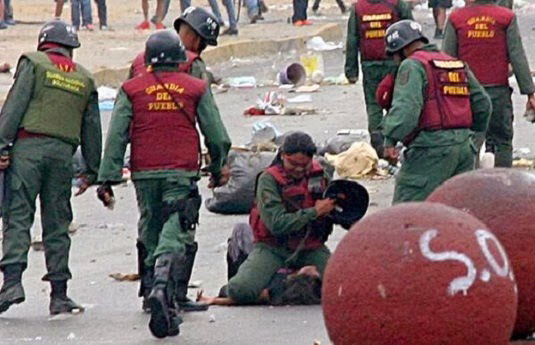
May 17, 2017 | News
La CIJ condena enérgicamente la violenta represión de las manifestaciones por parte del Gobierno venezolano y sus cuerpos de seguridad, así como el juzgamiento de civiles por tribunales militares de ese país.
Entre el 4 de abril y el 16 de mayo de 2017, han fallecido de manera violenta más de 40 personas en el contexto de manifestaciones, por la acción de los cuerpos de seguridad del Estado venezolano y grupos armados de civiles afectos al Gobierno.
Asimismo, centenares de personas han sido detenidas arbitrariamente, muchas de las cuales han sido trasladadas a prisiones militares, instalaciones de organismos de seguridad o a cárceles de máxima seguridad.
Numerosos detenidos han denunciado golpizas, tratos crueles e inhumanos así como actos de tortura.
Igualmente, por lo menos 275 civiles están procesados por tribunales militares, acusados de delitos previstos en el Código Militar, como los de “rebelión” y “traición”.
En muchos casos, a los abogados defensores se les limita el acceso a las salas de audiencia, sólo están autorizados a hablar uno pocos minutos antes de las audiencias con sus defendidos y se les restringe el acceso al expediente penal.
La CIJ recuerda que todas estas prácticas vulneran derechos y libertades fundamentales y constituyen una violación flagrante por parte del Estado venezolano de sus obligaciones constitucionales e internacionales de garantizar y proteger los derechos humanos.
Desde hace varios años la CIJ ha venido siguiendo la situación en Venezuela y ha podido constatar el vertiginoso y sistemático deterioro de los derechos humanos y de las libertades fundamentales, la pérdida de independencia del Poder judicial y, en general, el ocaso del Estado de Derecho.
Al respecto ver los informes de la CIJ: Fortaleciendo el Estado de Derecho en Venezuela (2014) y Venezuela: el ocaso del Estado de Derecho (2015).
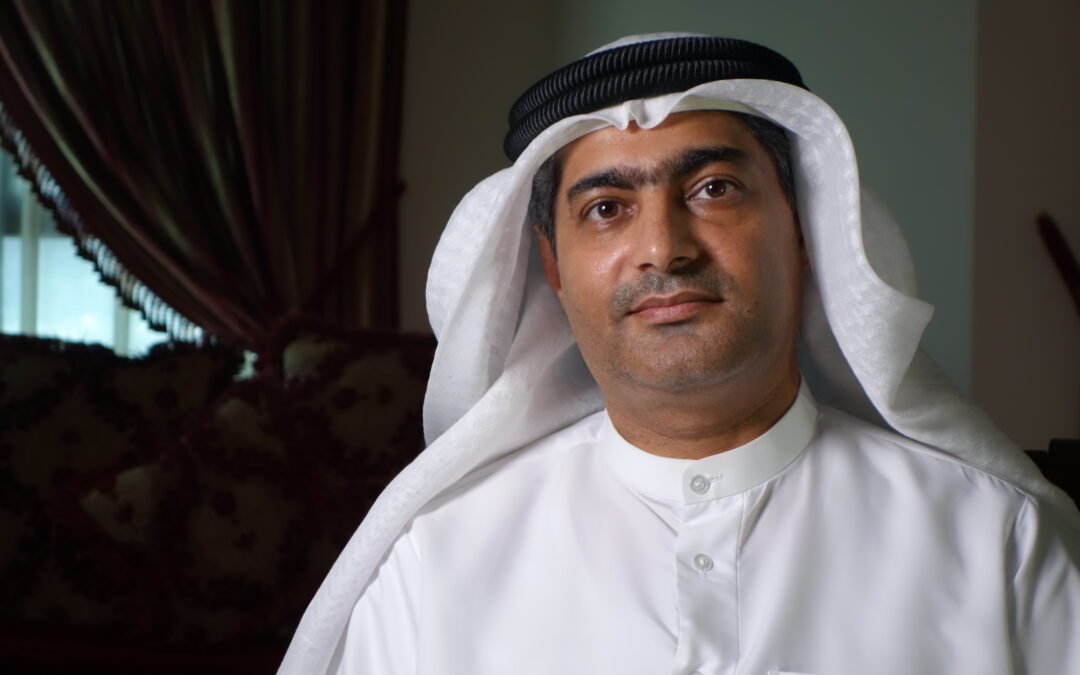
Mar 21, 2017 | News
The ICJ today called on the Untied Arab Emirates (UAE)’ authorities to immediately release Ahmed Mansoor, the 2015 Laureate of the Martin Ennals Award for Human Rights Defenders, and to ensure that he is not subjected to any form of ill-treatment as long as he remains detained.
On 20 March 2017, security officials raided the apartment where Ahmed Mansoor and his family resides and confiscated electronic devices. They took Ahmed Mansoor away at around 3:15AM local time. His present whereabouts remain unknown.
The authorities have not informed his family members of the reasons for his arrest, the authority that ordered such arrest, or the location to which he was taken.
The ICJ calls upon the UAE authorities to disclose, as a matter of urgency, Ahmed Mansoor’s place of detention and provide full information about his fate and whereabouts.
International law requires that detainees be held in officially recognized places of detention and that no one is held secretly in detention, whether in officially recognized detention facilities or elsewhere.
The ICJ fears that the arrest and secret detention of Ahmed Mansoor is likely related to his human rights work, protected under international law.
His activities involve the exercise of his right to the freedom of expression, including his use of social media to criticize attacks on human rights defenders in the UAE.
“Arbitrarily detaining Ahmed Mansoor and subjecting him to secret detention exemplifies the lengths to which the UAE authorities are prepared to go in their relentless campaign to suppress peaceful human rights work and to reduce to silence all those perceived to be critical of the authorities,” said Said Benarbia, Director of the ICJ Middle East and North Africa Programme.
“The UAE authorities must comply with their obligations under international law and release immediately and unconditionally all those individuals detained or imprisoned solely for peacefully exercising their rights to freedom of expression and association,” he added.
Mansor’s arrest and secret detention comes amidst a continuing crackdown on individuals calling for peaceful political reform.
Many of them were subjected to serious human rights violations, including torture and other-ill-treatment, arbitrary detention and enforced disappearances.
The ICJ has previously documented such cases.
Contact:
Said Benarbia, ICJ Director of the Middle East and North Africa Programme, t: 41 22 979 38 17, e: said.benarbia(a)icj.org
Background
Ahmed Mansoor is a highly prominent human rights defender in the UAE and well known in the Arab region and around the world.
He has regularly monitored and raised awareness about cases of serious human rights violations in the UAE, including cases arbitrary detention, torture and other ill-treatment, enforced disappearances and violations of fair trial rights.
Since 2006, has faced repeated intimidation and harassment, including imprisonment in 2011 after being convicted of “insulting officials” and sentenced to three years’ in prison, although he was released after eight months.
Since being jailed in 2011, he has been denied a passport and banned from travelling.
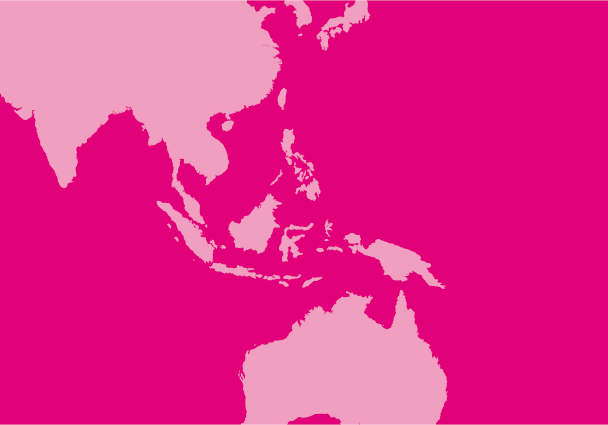
Feb 7, 2017 | News
Cambodian authorities should immediately drop the politically motivated criminal investigation of human rights defenders Am Sam-at and Chan Puthisak, the ICJ, Amnesty International and Human Rights Watch said today.
Cambodian officials have accused Sam-at, a respected human rights monitor at the Cambodian League for the Promotion and Defense of Human Rights (LICADHO) for nearly 20 years, and Puthisak, a land rights activist from Boeung Kak Lake and former prisoner of conscience, of instigating violence at a 10 October 2016 demonstration.
Para-police forces, who are regularly used to suppress demonstrations, violently dispersed what had been a peaceful protest in Phnom Penh.
When Puthisak attempted to prevent para-police from confiscating a drum that was being used by a demonstrator, four or five para-police attacked him, repeatedly beating him on the head with their fists, according to a video of the incident.
When Sam-at tried to stop the assault, the para-police attacked him, also beating him on the head. Both men sustained injuries that needed medical attention.
“The investigation of Sam-at and Puthisak by the Cambodian authorities is a typically absurd and undisguised case of judicial harassment,” said Champa Patel, Southeast Asia and Pacific Director at Amnesty International.
“As usual, unnecessary and excessive use of force by the para-police goes unpunished, and those who work to promote and protect human rights find themselves subject to criminal proceedings.”
On 4 November, two members of the para-police filed a complaint with the Phnom Penh Court of First Instance, alleging that they were injured during the dispersal of the demonstration.
The authorities are investigating Sam-at and Puthisak for instigating intentional violence, under Articles 27 and 217 of Cambodia’s Criminal Code, which carry penalties of up to three years in prison.
Both men are due for questioning on 8 February by Phnom Penh Court of First Instance Deputy Prosecutor Ngin Pich.
There has been no indication that complaints filed against para-police by Sam-at and Puthisak after the incident on 10 October 2016 are being investigated.
The 10 October demonstration involved approximately 150 participants peacefully calling for respect for housing and land rights in Freedom Park, an area designated for demonstrations.
The protestors were marching on a street adjacent to the park when the incident took place.
Videos of the incident establish that the demonstration was peaceful and that Sam-at was wearing a blue human rights monitor vest when the para-police attacked him.
The case investigation of the two falls within a wider pattern of judicial intimidation in Cambodia.
There are currently as many as 26 human rights and political activists in prison on charges which have all the hallmarks of being politically motivated.
This includes 14 political activists who were jailed following a demonstration in July 2014, when para-police violently clashed with participants.
No efforts have been reported of the authorities’ efforts to bring to justice the para-police responsible for the unlawful use of force.
“The case against Sam-at and Puthisak is part of an extensive effort by the Cambodian authorities to discredit the legitimate work of human rights organisations and to make clear the threat of prison for everyone working to promote and protect rights in the country,” said, Phil Robertson, Asia Deputy Director at Human Rights Watch.
“This campaign of intimidation against rights advocates has to stop now.”
Para-police, often referred to as “district security guards,” are auxiliary security forces that are regularly used to violently suppress demonstrations in Cambodia.
No single legal document sets out the rules governing their functions and powers. Rather, their legal basis and the rules governing their activities are set out in a confusing combination of government statements and policies, and by instructions from the Ministry of Interior.
They work in tandem with police, under the authority of district governors.
“The Cambodian government should be commending people like Sam-at and Puthisak for their work to promote and protect human rights rather than trying to intimidate them,” said Kingsley Abbott, Senior International Legal Advisor at the ICJ.
“The case should be immediately and formally closed and a genuine investigation initiated into wrongful use of force by the para-police.”
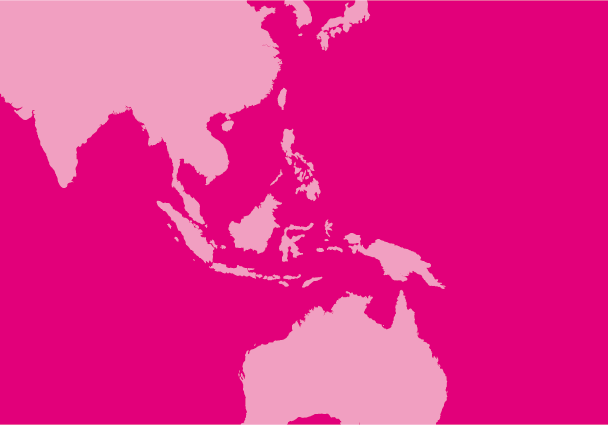
Nov 14, 2016 | News
The Philippines government must immediately halt its initiative to restore the death penalty to the country after abolishing the practice a decade ago, said the ICJ today.
The ICJ received reports that the Sub-Committee on Judicial Reform of the House of Representatives of the Philippines has commenced hearings on a bill bringing back the death penalty into Philippine domestic laws.
The first hearing reportedly occurred on 8 November 2016.
It took place without adequate notice, preventing important stakeholders from participating or giving input.
“President Rodrigo Duterte’s administration seems to be hell-bent on returning to the bad old days of executing people,” said Sam Zarifi, ICJ’s Asia director.
“Reinstating the death penalty would breach the Philippines’ international legal obligations and would constitute an all-out assault on decades of global advances in protecting the right to life through abolition of this barbarous practice,” he added.
Under international standards, including the International Covenant on Civil and Political Rights, States may not reintroduce the death penalty once it has been abolished.
The ICJ considers that the death penalty constitutes a violation of the right to life and the prohibition on cruel, inhuman or degrading punishment.
“There appears to be a deliberate strategy on the part of the House of Representatives to circumvent meaningful consultations and a full debate on this unconscionable measure,” said Zarifi.
“The ramifications on the Philippines’ obligations under international law appear not to have been properly considered by legislators who proposed the measure bringing back the death penalty.”
Until now the Philippines had set an example of regional and global best practice on the abolition of the death penalty.
It abolished the death penalty in 2006 and became the first member of the Association of Southeast Asian Nations (ASEAN) to become party to the 2nd Optional Protocol to the ICCPR on the abolition of the death penalty.
The 2nd Optional Protocol provides for no possibility of denunciation or withdrawal and the Human Rights Committee has affirmed that States Parties may not withdraw from this treaty.
Moreover, the Committee has stressed that under the ICCPR, no abolitionist State may lawfully reintroduce the death penalty under Article 6 on the right to life, whether or not they are party to the 2nd Optional protocol.
“The Philippines Congress must perform its role as an equal branch of the government and stop such a horrific move backwards for the country,” Zarifi added.
“Filipino legislators must question the government as to why it’s even considering such an action, especially at a time when the country is facing an outbreak of extrajudicial executions with apparent government complicity.”
On 31 May 2016, the ICJ wrote to President Rodrigo Duterte underscoring that the death penalty was not only an affront to human rights, but that it had no demonstrable deterrent effect on addressing serious crime.
The ICJ pointed out that investing in improved investigation techniques and capacity, and making other needed reforms to the criminal justice system would be the best way to reduce crime.
Contact:
Emerlynne Gil, ICJ’s Senior International Legal Adviser for Southeast Asia, t: +66840923575 ; e: emerlynne.gil(a)icj.org
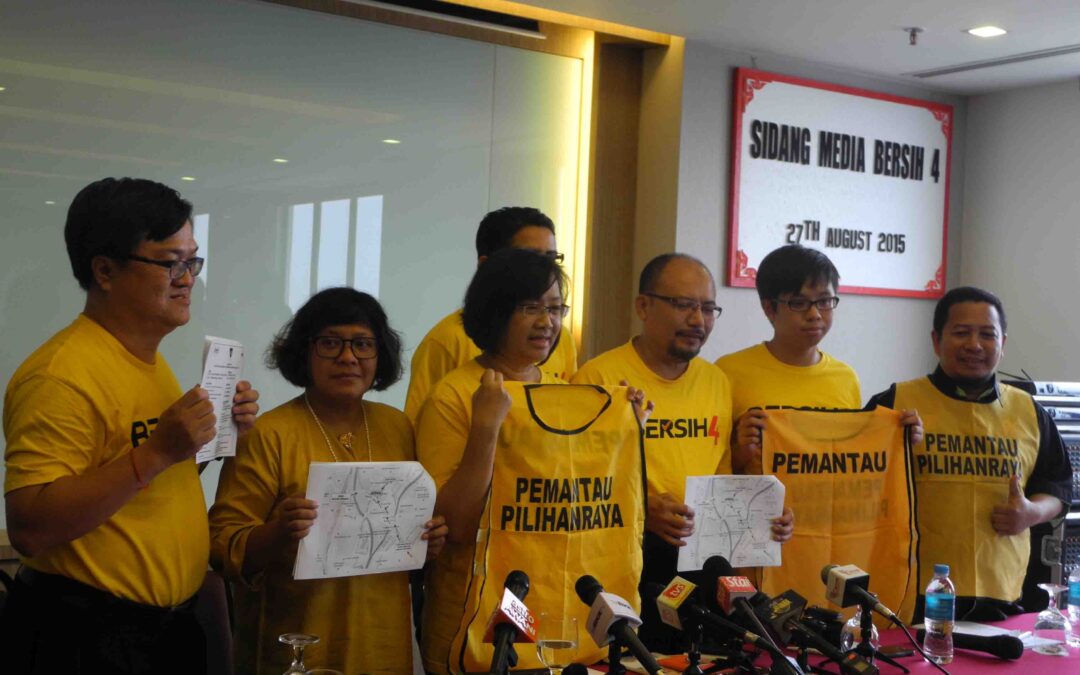
Nov 8, 2016 | News
The Malaysian government must act to stop and redress the ongoing harassment, and death threats against the organizers of the Bersih 5.0 protest rally, scheduled for 19 November 2016, said the ICJ today.
The ICJ is calling on the authorities to conduct a thorough, impartial investigation into unlawful acts of intimidation against the organizers with a view to identifying and bringing to account those responsible.
The Bersih (or Gabungan Pilihanraya Bersih dan Adil) is a coalition formed in 2006 by Malaysian non-governmental organizations to call for free, clean and fair elections.
“The Malaysian government has the obligation to respect the right to freedom of expression and freedom of assembly,” said Sam Zarifi, ICJ’s Asia Director. “These rights are not only guaranteed under the Malaysian Constitution, but also under international human rights law.”
The ICJ recently received reports that Bersih leaders Maria Chin Abdullah, Mandeep Singh, and former Chairperson Ambiga Sreenevasan received death threats from unknown individuals.
Family members of Maria Chin Abdullah also received similar threats.
On 29 October 2016, police arrested Maria Chin Abdullah for distributing flyers promoting the forthcoming public assembly.
She was investigated on suspicion of having violated Section 11 of the Printing Presses and Publications Act 1984, which requires every publication printed or published within Malaysia to bear the name and address of the printer and publisher. Maria Chin Abdullah was subsequently released.
On 1 October 2016, men wearing the customary red shirts of ‘anti-Bersih’ groups and riding motorbikes tailed the convoy in Perak, kicked the cars and punched the vehicles’ side mirrors, while on 8 October 2016, unknown persons smashed the windows and slashed the tires of cars participating in a Bersih convoy in Sabah state.
Last week, police authorities launched investigations under Section 124C of the Penal Code against Bersih and other Malaysian NGOs that are alleged to have received foreign funding. Section 124C penalizes persons who are found to “attempt to commit activity detrimental to parliamentary democracy.”
“Section 124C is impermissibly vague and ambiguous, and allows authorities to engage in arbitrary prosecution, conviction, and punishment of people who are exercising their right to freedom of speech and assembly,” Zarifi said. “These claims against Bersih seem to be the latest effort by the Malaysian government, which is facing allegations of massive corruption, to repress political opposition.”
Contact
Emerlynne Gil, ICJ’s Senior International Legal Adviser, t: +66 840923575 ; e: emerlynne.gil(a)icj.org
Background
Over the years, Bersih has been organizing peaceful assemblies attended by thousands of Malaysians in Kuala Lumpur and other parts of the country.
Last year, monitors from the ICJ observed Bersih 4.0 and reported that it had been a peaceful assembly, in exercise of the right to freedom of assembly and that the organizers took careful measures to keep it orderly and free from violence. The ICJ will again be sending observers to this year’s Bersih rally in Kuala Lumpur.
Under Article 10(1)(b) of the Malaysian Constitution, “all citizens have the right to assemble peaceably and without arms.” Furthermore, the right to peaceful assembly is also guaranteed under several international human rights instruments, including the Universal Declaration of Human Rights.
In his 2012 report, the UN Special Rapporteur on the rights to freedom of peaceful assembly and of association emphasized that States “have a positive obligation to actively protect peaceful assemblies”. This State obligation includes “protection of participants of peaceful assemblies from individuals or groups of individuals, including agents provocateurs and counter-demonstrators who aim at disrupting or dispersing such assemblies.”
With regard to the use of Section 124C of the Penal Code to commence investigations against Bersih and other non-governmental organizations, the ICJ has emphasized that the ambiguity and vagueness of this provision makes it inconsistent with the principle of legality, a basic tenet of law. The principle of legality in the criminal law context requires that any offense must be established in law and defined precisely and unambiguously so as to enable individuals to know what acts will make them criminally liable.








